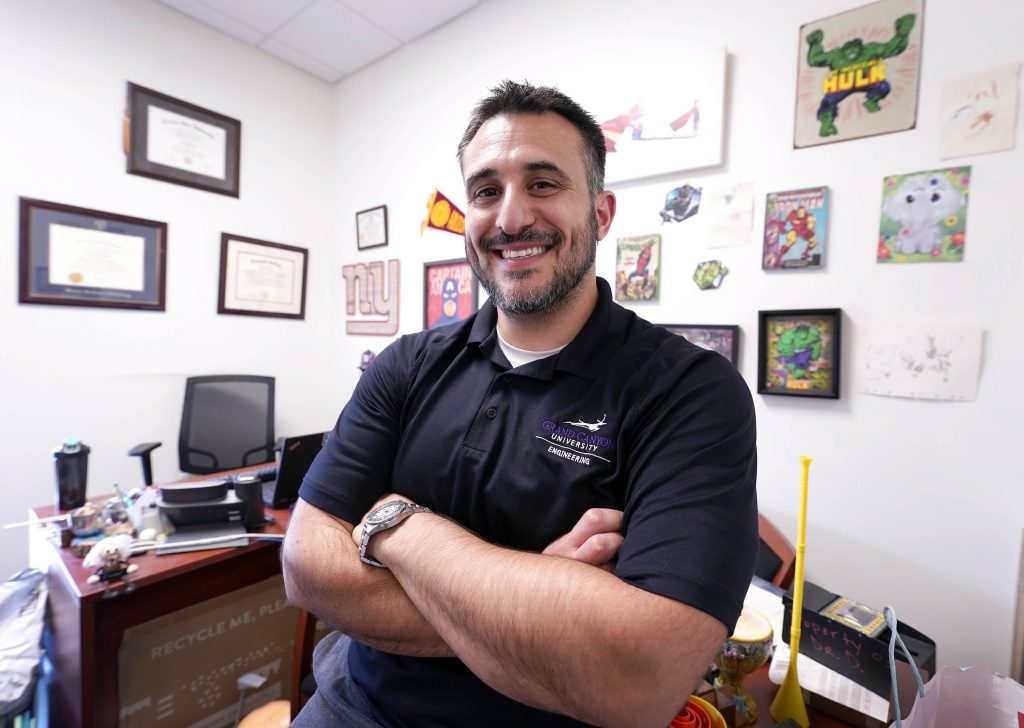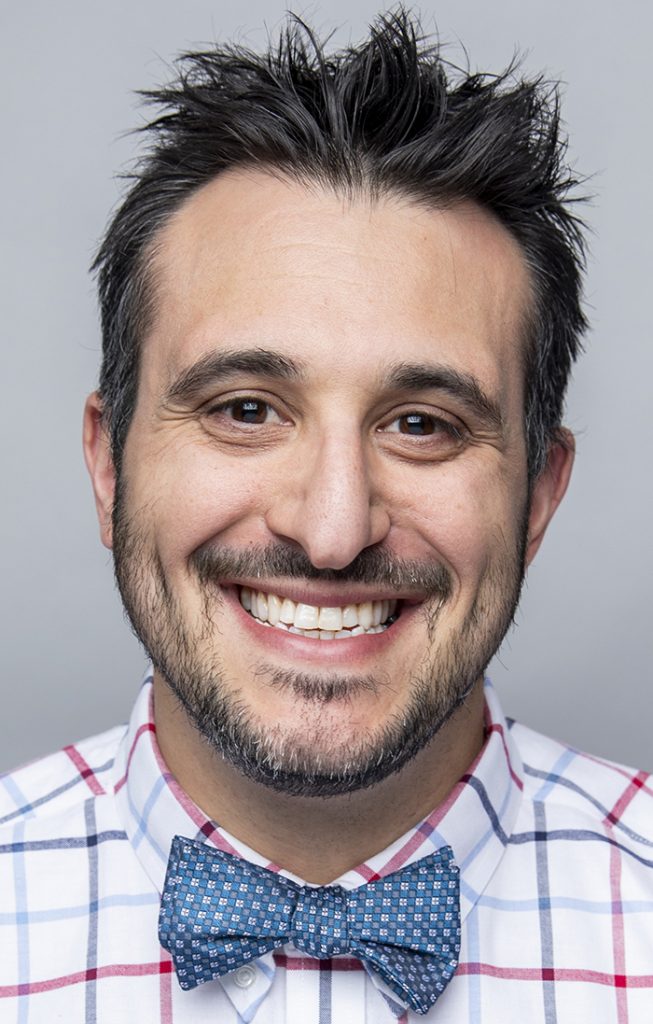
Grand Canyon University Area Chair of Mechanical Engineering Dr. Michael De Gregorio spoke as a panelist at the recent Arizona Conference on Roads & Streets in Tucson. They discussed building, preparing and retaining talent in the engineering workforce.

The panel also featured speakers from Arizona State University, Northern Arizona University and the University of Arizona's engineering departments. They were joined by public agency and private consulting leaders in the roundtable session. They addressed the significant challenges in the industry that have led to an insufficient flow of talent into engineering.
One of the challenges: Baby Boomers are retiring in great numbers, and industry leadership is transitioning to a smaller population of Generation X professionals who are dealing with a talent gap born during “The Great Recession.”
Add to that the effects of the global pandemic, which disrupted people, organizations, workflow and workforce expectations. Plus, the commoditization of engineering, unsustainable workloads, burnout and a strong job market have caused some to leave the profession.
On the academic side, universities are finding that many high school graduates are unprepared for university-level engineering coursework and require remedial math and science classes. And many elementary and middle school students aren’t familiar with the engineering profession and the roles they play in the service of public health and safety.
De Gregorio, who recently was named a KEEN Engineering Unleashed Fellow, and the other panelists addressed those challenges and spoke about how their universities are trying to find solutions to inspire future generations of engineers.
After receiving his doctoral degree in mechanical engineering from ASU, De Gregorio worked as an assistant research technologist, where he continued the research he began as a Ph.D. student by investigating the passive mechanics of the human hand in greater detail. He spent three years as a research engineer at Wake Forest University Baptist Medical Center in the Orthopedic Surgery Department, and he worked as a case engineer at BioRec in Tempe, Arizona, where he was responsible for conducting biomechanical analyses to determine injury modes in automotive accidents and personal injury situations.
The Arizona Conference on Roads & Streets, organized by the American Council of Engineering Companies of Arizona, is the largest event for Arizona engineers and contractors from the public, tribal and private sectors. The conference included a trade show and more than 50 hours of technical seminars.



































































